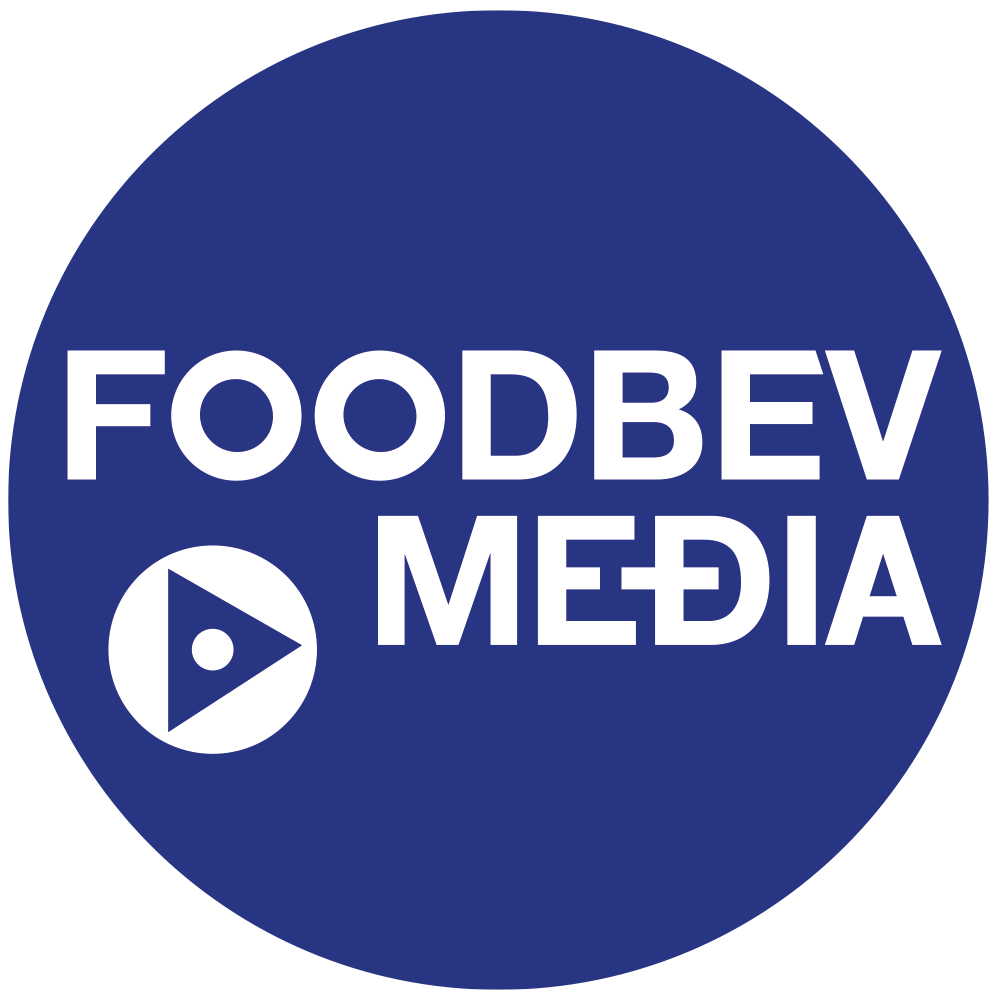The latest news, trends, analysis, interviews and podcasts from the global food and beverage industry
The Bezos Earth Fund and Global Methane Hub have joined forces to cut livestock emissions through natural, science-backed breeding methods with a new initiative.
This initiative is backed by $19.3m from the Bezos Earth Fund, a project launched by Jeff Bezos to combat climate change, and $8.1m from the Global Methane Hub, a philanthropic alliance to support the reduction of methane emissions. It will fund research and breeding programmes across North America, Latin America, Europe, Africa and Oceania to help livestock naturally produce less methane.
Methane is 80 times as powerful as carbon dioxide over a 20 year period, with cattle producing the largest amount of livestock-related methane emissions. Within a single herd, some animals naturally produce up to 30% less methane than others, leading scientists to suggest selecting and breeding for these traits, just as farmers have done for centuries for milk and fertility. By doing this, farmers could reduce emissions permanently across the industry.
Andy Jarvis, director of the Future of Food at the Bezos Earth Fund, said: “Reducing methane from cattle is one of the most elegant solutions we have to slow climate change. Thanks to collaboration with the Global Methane Hub, we’re backing an effort that uses age-old selection practices to identify and promote naturally low-emitting cattle – locking in climate benefits for generations to come.”
The combined funding will support grants to deliver the tools that will identify naturally low-emission-producing livestock based on biological traits and shape future breeding programmes. Because the breeding programme will see animals being selected using traits that already exist in herds, farmers will not need to change how they feed or raise livestock, offering an easy and low-cost way for agriculture to contribute to climate progress.
Hayden Montgomery, agriculture programme director at the Global Methane Hub, said: “This initiative is a cornerstone of a broader global push to accelerate public-good research on enteric methane. Together with the Bezos Earth Fund, as part of the Enteric Fermentation R&D Accelerator, we’re building an open, coordinated foundation that spans countries, breeds, and species – delivering practical solutions that reduce emissions and support farmers worldwide.”
Grant highlights include:
From the Bezos Earth Fund
• $2.34 million to the University of Nebraska to lead research on low-methane beef genetics in commercial and crossbred cattle populations in the US.
• $4.85 million to the Angus Foundation to integrate low-methane traits into beef cattle breeding programs in North America, Oceania and Europe.
• $8.7 million to accelerate low-emission dairy breeding across Holstein, Jersey, Brown Swiss and Red breeds, led by Wageningen University in the Netherlands.
• $3.35 million to advance methane-efficient breeding in Indigenous African cattle, led by the International Livestock Research Institute in Kenya.
From the Enteric Fermentation R+D Accelerator of the Global Methane Hub
• $1.7 million to support methane-efficient beef breeding in Latin America, led by the National Agricultural Research Institute in Uruguay.
• $2.4 million to accelerate low-emission sheep breeding in Europe, Oceania and Latin America, led by the University of New England in Australia.
• $4 million to support rumen microbiome sampling and analysis across all above-mentioned projects funded by Global Methane Hub and the Bezos Earth Fund.
These efforts will screen more than 100,000 animals, collect methane emissions data and scale up low-emission breeding practices across public and private breeding programmes.
“This work brings together the best of science, industry and the global breeding community to accelerate genetic improvement for methane efficiency worldwide,” said Roel Veerkamp, leader of the initiative at Wageningen University & Research (WUR). “It fits nicely with our mission at WUR to explore the potential of nature to improve the quality of life.”
With support from over 50 institutions in more than 25 countries, the initiative aims to make methane efficiency a global breeding standard. Over time, this approach could cut methane emissions from cattle by 1-2% each year – accumulating to a 30% reduction over the next two decades.






